This post was updated in October 2022 to reflect the additions of Santa Ana, California and Lima, Peru to the Playful Learning Landscapes City Network. See this video for more information about the city network members.
How can we create cities that prioritize children’s needs and perspectives and promote playful learning through urban design and development? This is one of the key questions that we recently addressed in the kickoff meeting for the Center for Universal Education (CUE) and Bass Center for Transformative Placemaking’s Playful Learning Landscapes City Network—a new peer learning network for city-level decisionmakers and stakeholders to support the design and uptake of evidence-based Playful Learning Landscapes (PLL) practices and policies. The network consists of a cohort of decisionmakers and thought leaders beginning with four cities—Chicago, Philadelphia, Pittsburgh, and Tel Aviv*—and provides access to peers and knowledge to make playful learning in public and shared spaces easier. This network is part of a broader initiative, including the Playful Learning Landscapes Action Network (PLLAN), working to develop training materials and practical guides to co-design playful learning projects with communities.
“I love these kinds of networks for meeting new people that can help problem solve and think about how to do things better,” shared one of the network members. “There are often roadblocks and challenges to implementing something new, so knowing people that have done it before or have had success is really helpful.”
Many commented that the opportunity for sharing best practices is instrumental in advancing the work of playful learning in cities across the U.S. and abroad. This speaks to one of the calls to action from a Brookings report on scaling strategies for a playful learning movement: “The task of improving children’s learning outcomes, urban renewal, and other complex social challenges requires the combined efforts of all. Given the importance of partnerships for sustaining impact, a strong, coordinated network of actions is needed to collectively pool expertise, resources, and skills around a shared vision and aligned incentives.”
Sharing knowledge and building evidence
Our network members represent a range of perspectives—including city government officials, urban planners, and civil society and foundation leaders—coming together with a shared passion and wealth of expertise in harnessing the power of play to promote optimal child development in urban spaces.
In the coming year, our goals for network participants include:
- Gaining a better understanding of Playful Learning Landscapes principles;
- Building connections to U.S. and international playful learning champions; and
- Identifying key challenges to adopting and scaling PLL in their communities.
In addition, many network members voiced the need for a set of shared metrics across playful learning initiatives to better understand the potential improvements on child development outcomes and community revitalization impacts. One step toward that goal will be moderating discussions around this topic in future network meetings, as many cities have already evaluated the impact of playful learning installations that can be shared within the network. “There is a lot of measuring you can do of outputs and parenting behavior, but I’m curious to what extent people have been able to measure child development outcomes of these interventions,” said another of the network members.
As communities look to “build back better” from the pandemic, there is an opportunity to reimagine cities as learning hubs that infuse learning science principles into urban planning and policy.
Later phases of the network will focus on expanding the number of cities engaged; building capacity, connections, and learning across cities; and distilling insights into practical policy tools and guidance. As communities look to “build back better” from the pandemic, there is an opportunity to reimagine cities as learning hubs that infuse learning science principles into urban planning and policy.
Introducing our city members
Chicago
Members of our Chicago team include city government leaders from the Chicago Department of Transportation and the Chicago Housing Authority; an early childhood education specialist from Enlace Chicago—a community organization in Little Village; and a representative of the Robert R. McCormick Foundation. Playful learning initiatives in Chicago focus on the neighborhood level with current installations in three areas: North Lawndale, Little Village, and Aurora. The Chicago Department of Transportation has two programs, Urban Streets and Make Way for People, that focus on the transformation of public places and urban streets and have partnered with third parties to develop PLL installations in various neighborhoods in Chicago.
Philadelphia
Our Philadelphia team includes city government and community leaders from the Office of Parks and Recreation and Free Library of Philadelphia. PlayStreets, a program started by Parks and Recreation over 50 years ago, encourages active play for children and adults by transforming residential streets into safe gathering spaces for families. In addition, libraries have started to layer more educational opportunities within their play programs so kids can have fun while building their literacy skills. For example, a climbing wall in one of the “playbraries” has letters and numbers on each of the hand holds so children can climb to create words.
Pittsburgh
The team from Pittsburgh includes representatives from the Grable Foundation and Trying Together—the region’s leading early learning intermediary and home to the Playful Pittsburgh Collaborative. The Collaborative hosts events including the Ultimate Play Day, supports professional development and learning for early childhood educators, artists, and designers, and is home to a recess advocacy team focused on policy levers at the local and state levels. Often referred to as “Kidsburgh,” Pittsburgh is a “big small town” that is also home to Remake Learning, a network aimed at transforming teaching and learning to prepare all students to thrive in the 21st century.
Tel Aviv
Members of our Tel Aviv team include representatives from the Department for Community Planning and Development for the municipality of Tel Aviv-Yafo and the Bernard van Leer Foundation. Tel Aviv-Yafo is working alongside the Urban95 initiative from the Bernard van Leer Foundation and is focused on how to make cities more playful for children 95 cm and under (the average height of a 3-year-old) and their families in three key areas: (1) mobility: viewing the city as a playground with a focus on how parents and families navigate the city; (2) public spaces: thinking of ways that public spaces can be made more playful for children and adults; and (3) data: gathering information about where children and families live and regularly spend time to maximize the opportunities for play in their daily lives.
Santa Ana, CA
Our team from Santa Ana includes researchers from the School of Education at the University of California at Irvine, city government leaders from the departments of Planning and Building and Parks and Recreation, a city council member, and the Board Chair and Assistant Superintendent of the Santa Ana Unified School District. Playful Learning Landscapes installations in Santa Ana create informal STEM learning experiences for children and families in low-income neighborhoods in public spaces where families spend time such as bus stops, grocery stores, and local parks. Researchers collaborate closely with families from a local community organization to co-design spaces that reflect the goals, values, and cultural of the Latine community in Santa Ana. For example, researchers and the community co-designed a giant abacus at a bus stop to prompt parents and children to count and talk about numbers when waiting for the bus. The concept was selected by caregivers who had learned math with an abacus.
Lima, Peru
Our Lima team is comprised of architects, urban researchers, and the director of Ocupa Tu Calle (OTC), an organization that seeks to improve the quality of urban life through the development of public spaces. OTC promotes the concept of citizen urbanism, which emphasizes collaboration to design from, for, and with the people of Lima. The organization has four main objectives: (1) Improve public spaces, (2) generate knowledge through courses and training, (3) promote events and networks, and (4) influence public policy. Many of OTC’s public space projects focus on embedding playful elements in parks and other shared spaces so they are safe and engaging for children and families.
*Note: The PLL City Network now has six members.
The Brookings Institution is committed to quality, independence, and impact.
We are supported by a diverse array of funders. In line with our values and policies, each Brookings publication represents the sole views of its author(s).

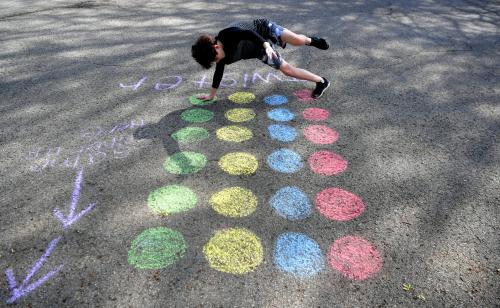
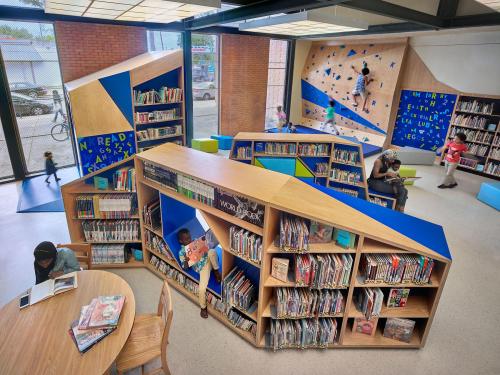
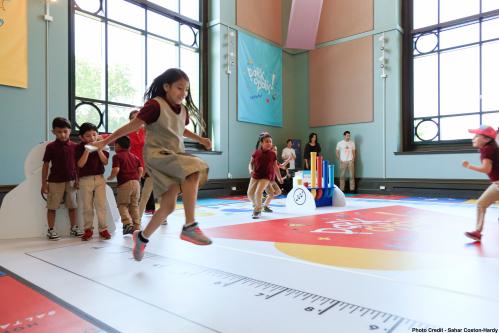
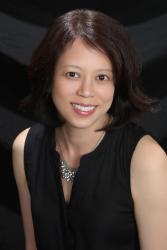
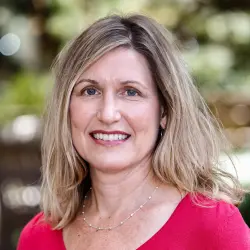
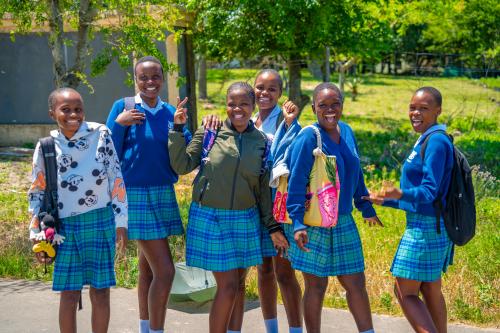
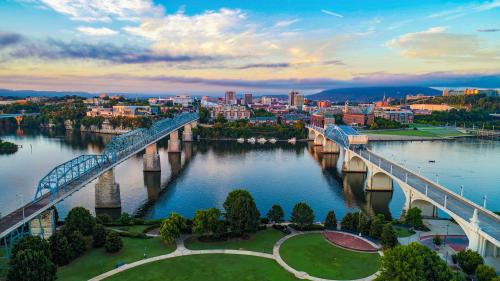

Commentary
Moving forward together to build more playful cities: Introducing the Playful Learning Landscapes City Network
January 26, 2021